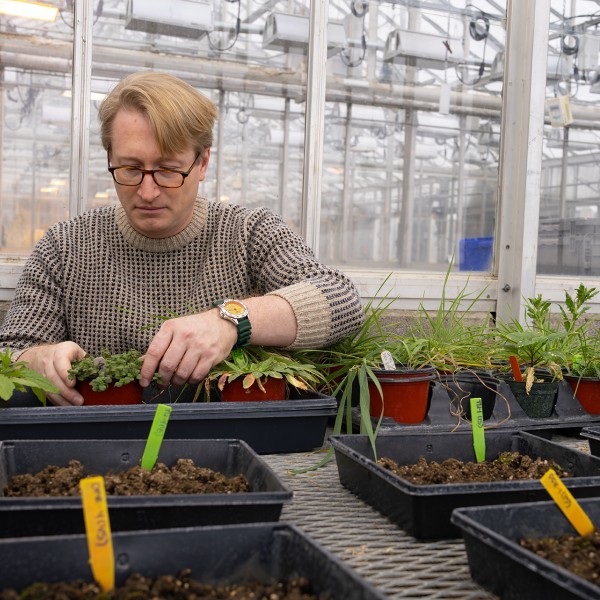Research Spotlight
Opportunities to support
The impact of giving
News
At high densities, white-tailed deer inhibit growth of trees but increase the overall diversity of smaller plant and weed species, according to a long-term study published Dec. 23 in PLOS One. Twenty years ago, Cornell researchers established...
News
The four-day event, co-sponsored by the Cornell Lab of Ornithology, is expected to attract nearly 1 million participants this year, providing a global snapshot just before migration.






